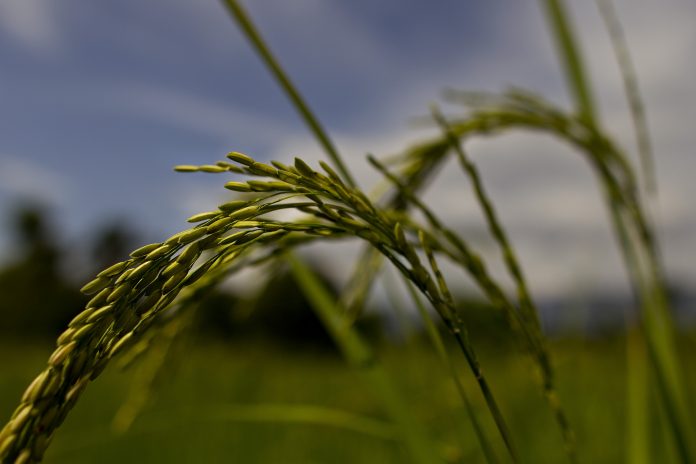Plans to counter water scarcity by facilitating the reuse of treated wastewater for agricultural irrigation were endorsed by Parliament on Tuesday.
The new law defines minimum quality standards for reclaimed water to be used for agricultural irrigation. It also sets out obligations for production, distribution and storage operators, as well as risk management measures.
Reclaimed water (i.e. urban wastewater that has been treated in a reclamation plant) will be used to irrigate food crops, processed food crops and non-food crops. The Commission will have to assess within five years whether reclaimed water can be used in other ways.
MEPs say that in the meantime, member states may allow reclaimed water to be used in other ways, such as industrial water reuse and for amenity-related and environmental purposes, provided that human health, animals and the environment are thoroughly protected.
“We must move towards a circular economy, also in the way we use and re-use water”, said rapporteur Simona Bonafè (S&D, IT). “We could potentially reuse 6.6 billion cubic metres of water by 2025, compared to the current 1.1 billion cubic metres per year. That would require an investment of less than EUR 700 million and would enable us to reuse more than half of the current volume of water coming from EU wastewater treatment plants theoretically available for irrigation, avoiding more than 5% of direct extraction from bodies of wastes and groundwater”, she added.
The draft legislation was adopted with 588 votes to 23 and 66 abstentions. Negotiations with EU ministers will start after Council sets its own position.
The EU’s water resources are increasingly under pressure, leading to water scarcity and quality deterioration. In particular, climate change, unpredictable weather patterns and drought are putting a strain on the availability of freshwater needed for urban development and agriculture.
Ensuring that treated wastewater is more broadly reused could limit extraction from water bodies and groundwater. According to the European Commission, the frequency and intensity of droughts and their environmental and economic impact have drastically increased over the past thirty years. The droughts of the summer of 2017 may further illustrate the dimension of economic loss; the Italian farming sector alone was predicting losses of EUR 2 billion.
Water over-abstraction, in particular for agricultural irrigation, but also for industrial use and urban development, is one of the main threats to the EU water environment.

